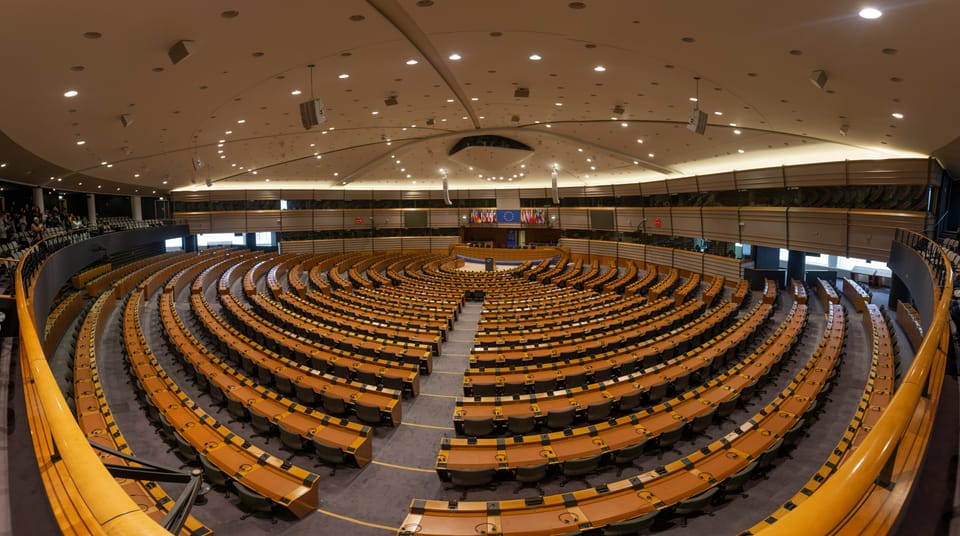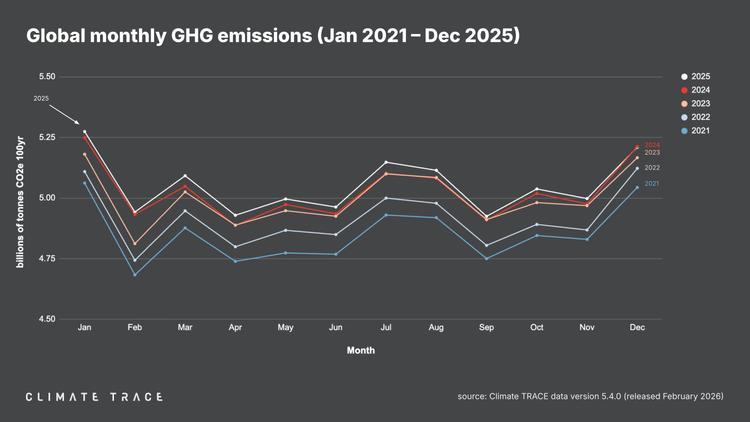CSRD and CSDDD: What’s in the new Omnibus proposal to be voted on next week?
“The final outcome feels less like consensus and more like capitulation."

After months of debate, Members of the European Parliament have agreed to vote on an amended Omnibus proposal that drastically pares down both CSRD and CSDDD.
A deal was struck late on Wednesday (October 8) after the European People’s Party (EPP) proposed two options to put to a vote. One was aligned with far-right demands, and completely removed the obligation to adopt a climate transition plan from CSDDD and applied CSRD to companies with 1,750 employees and €450 million in turnover.







